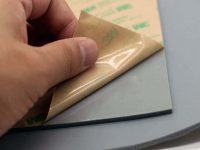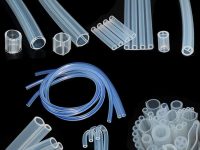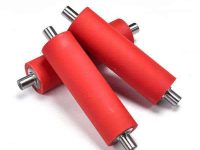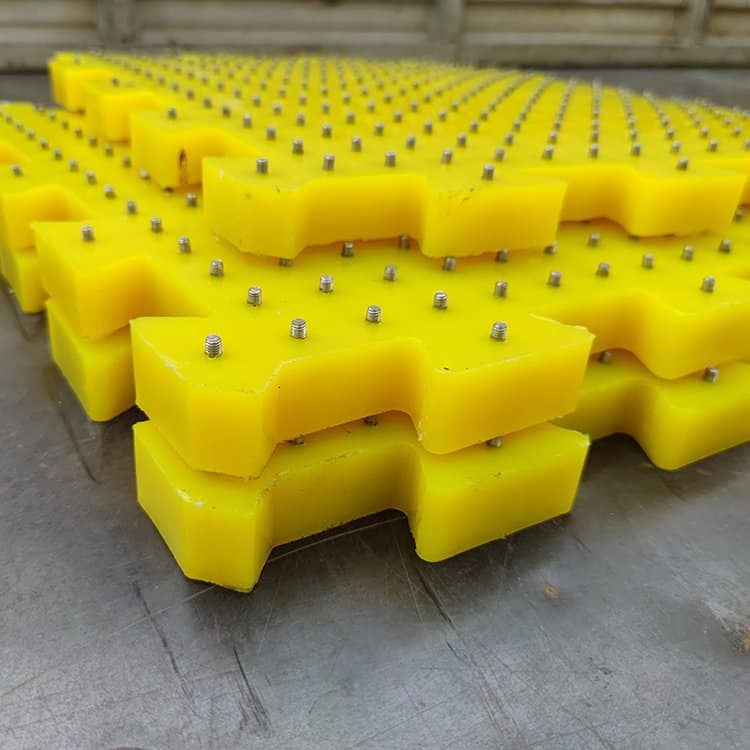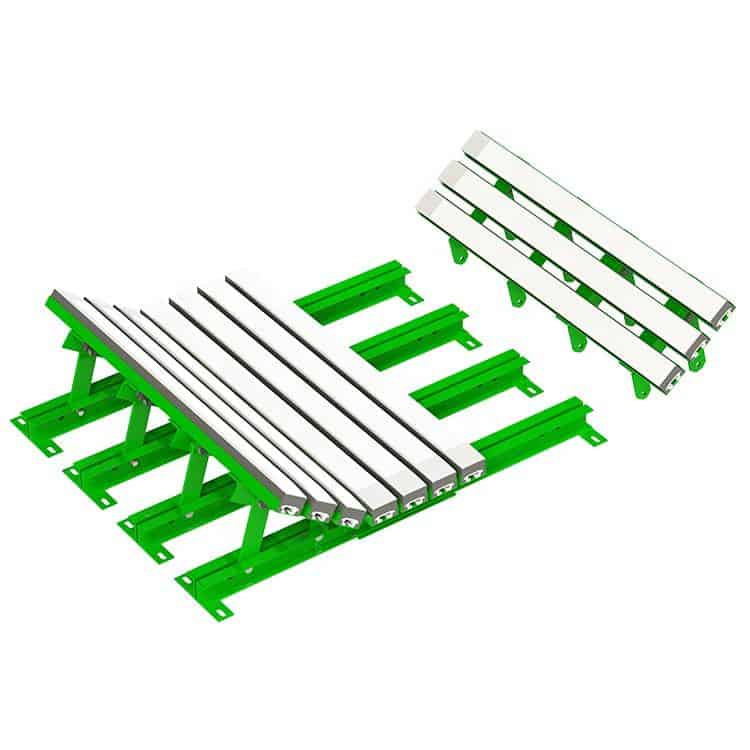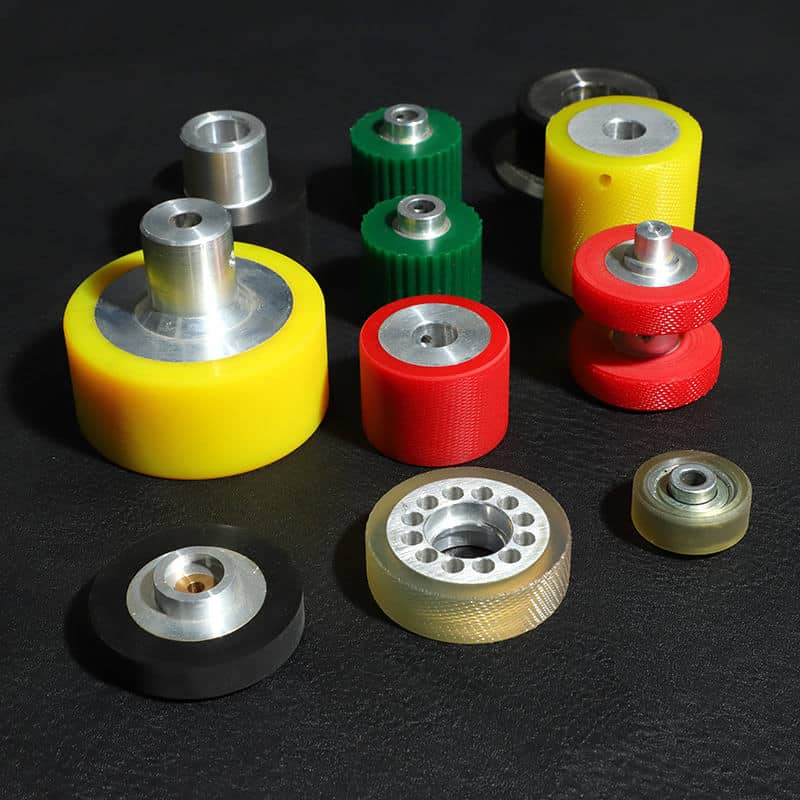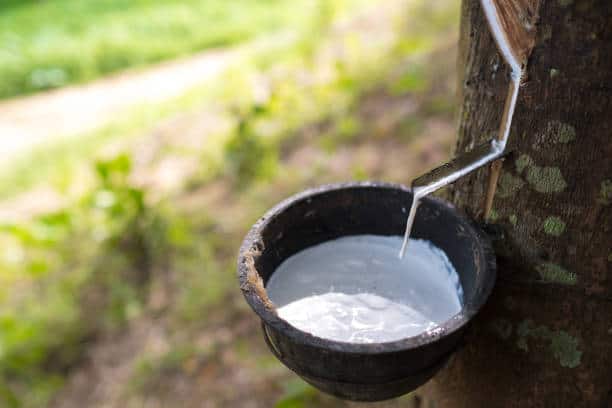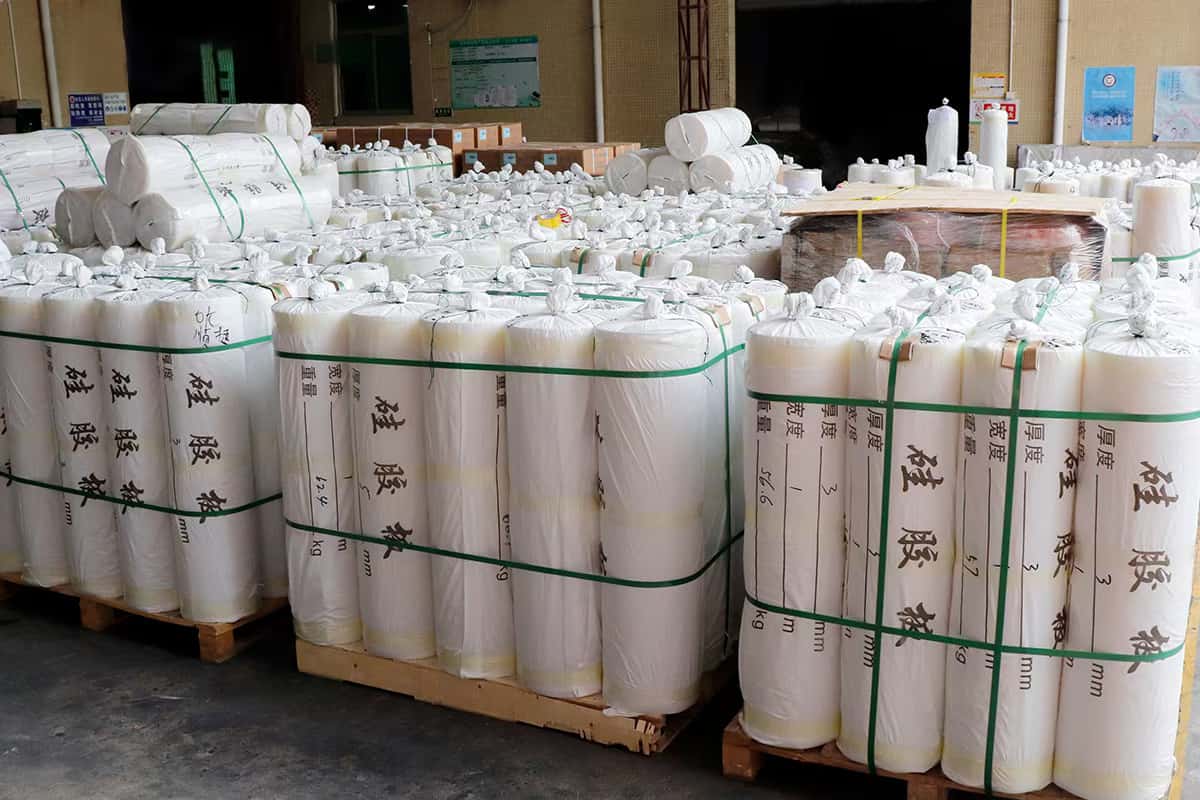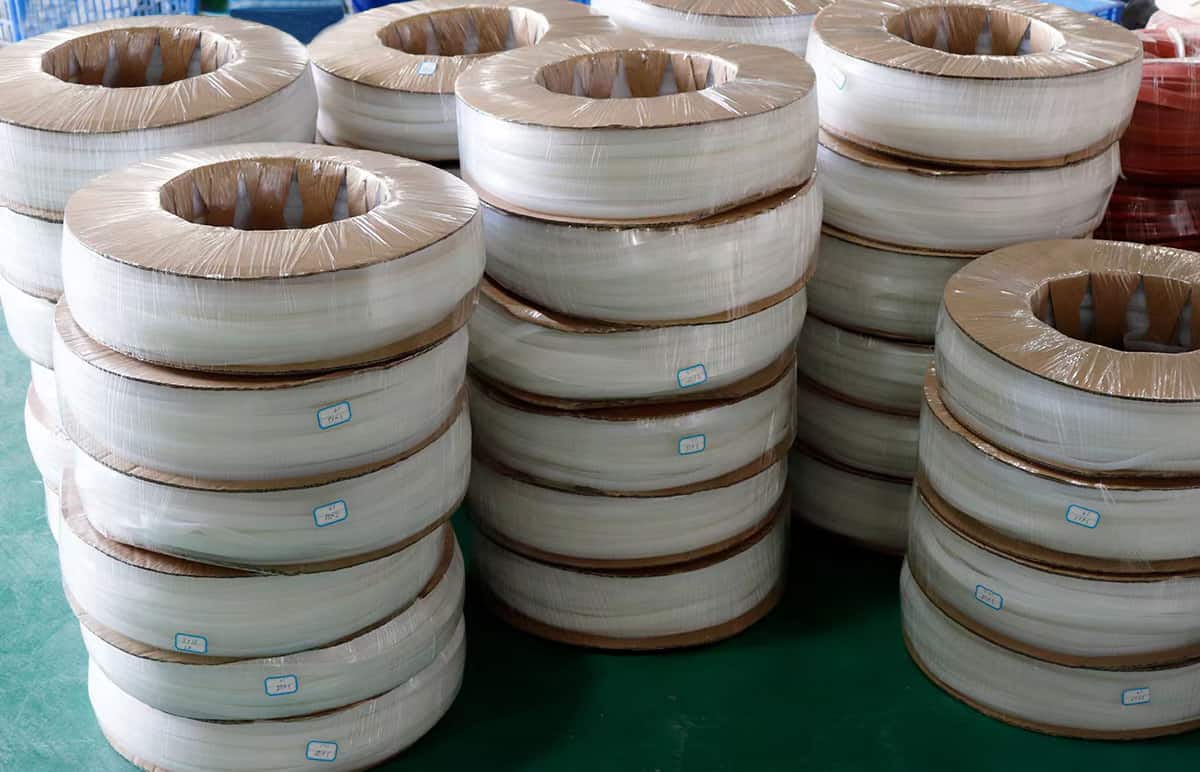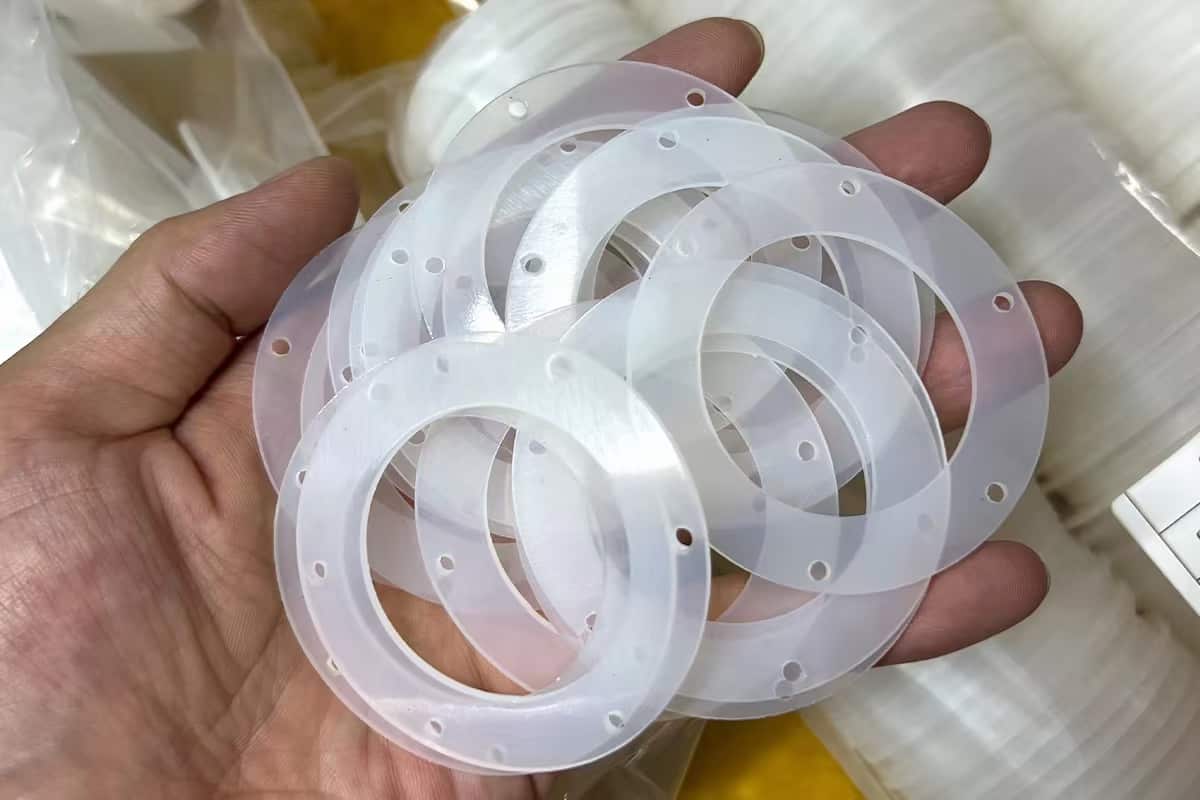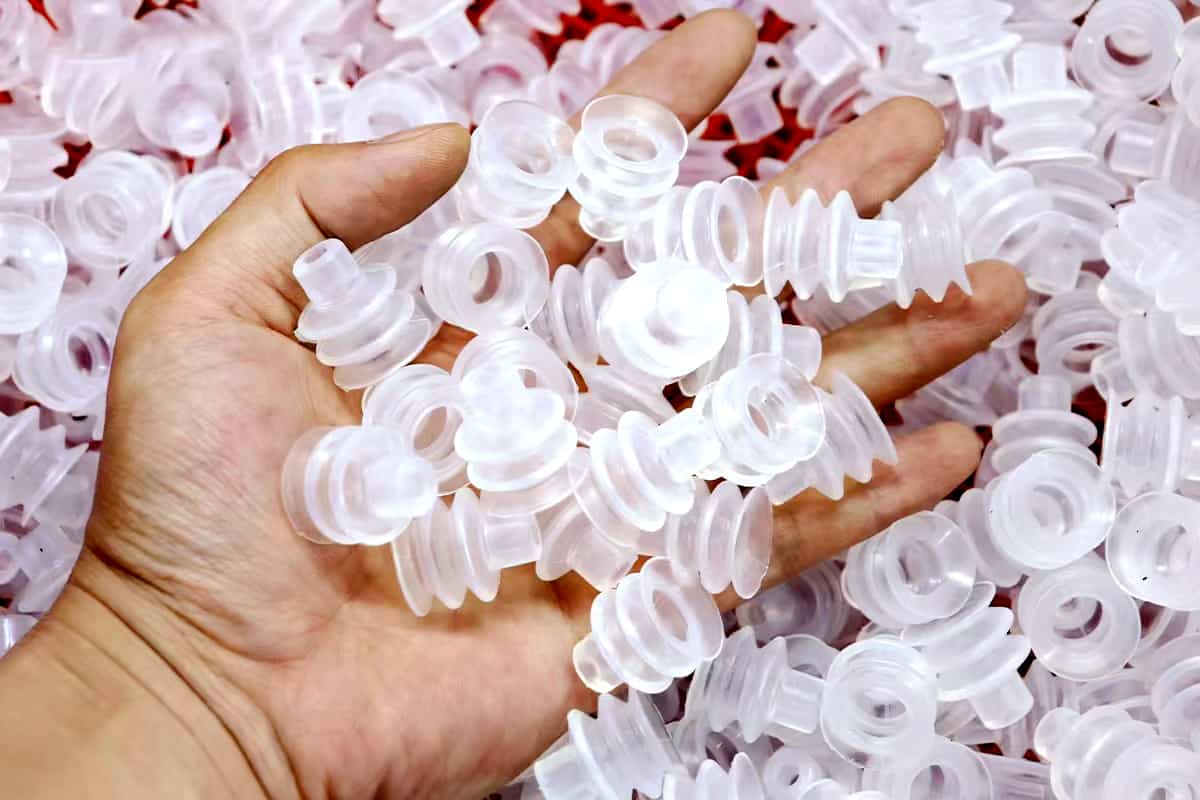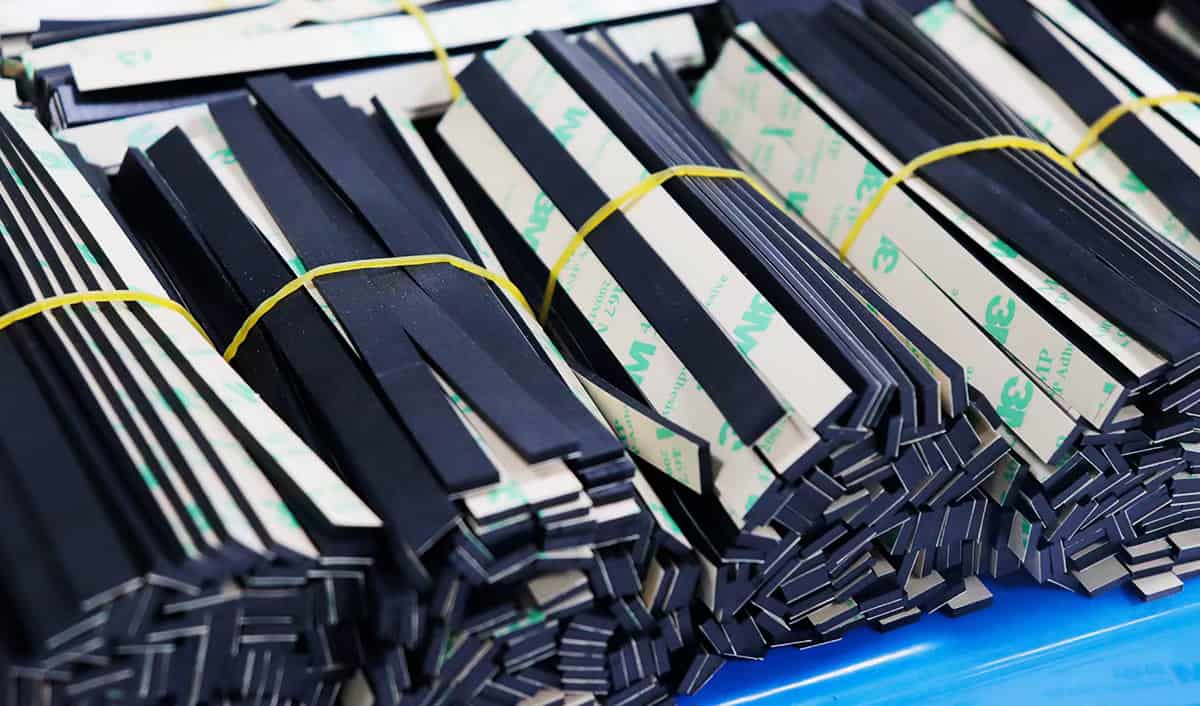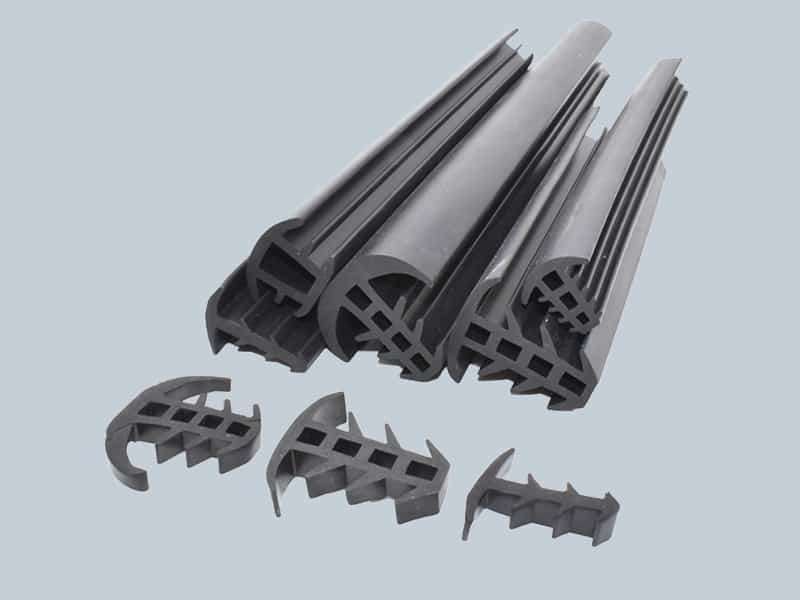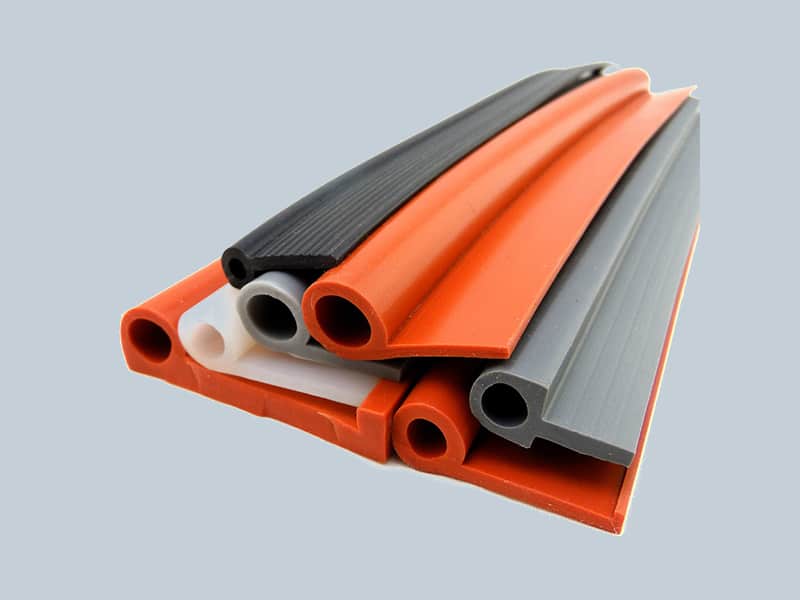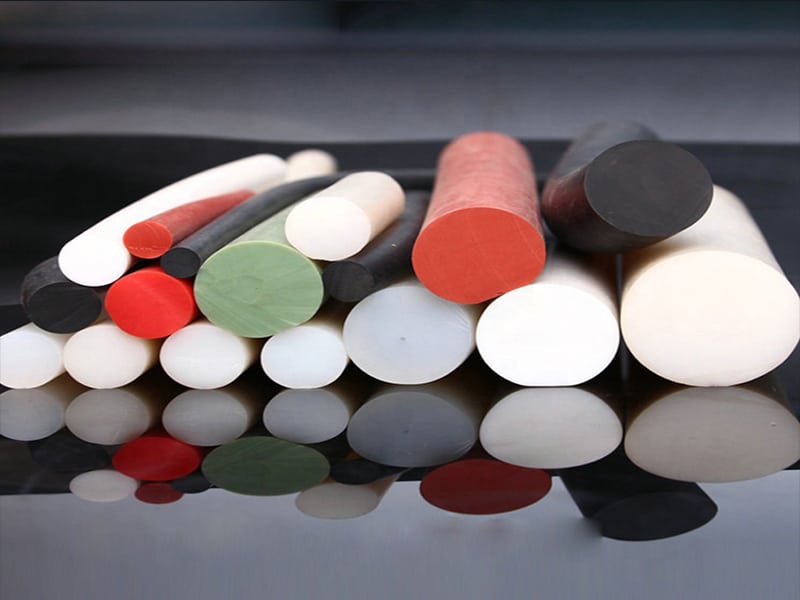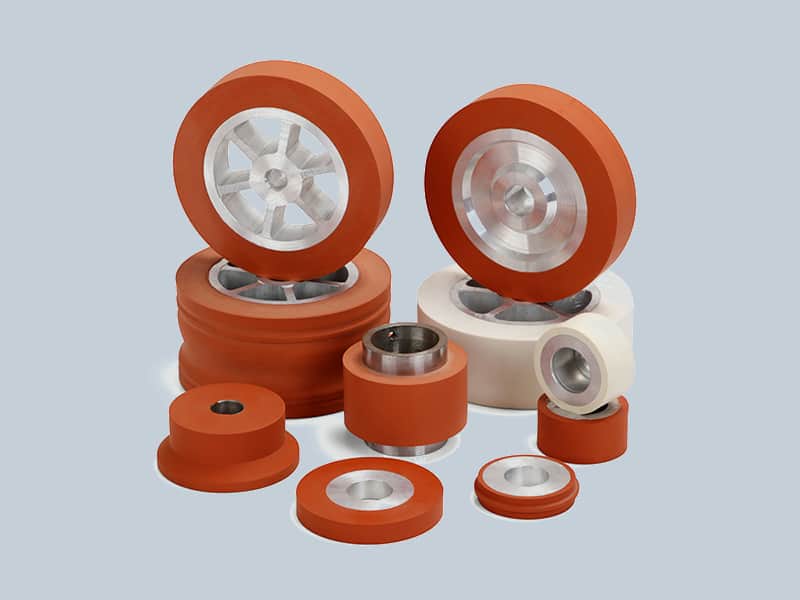If you’re anything like me, you’re always looking for ways to make your kitchen safer. One way to do that is by using silicone in the kitchen. Here are some tips on how to use silicone in the kitchen to make your life easier.
Can Silicone Go In The Oven?
There are many different types of materials that can be used in the kitchen, and each has its own set of benefits and drawbacks. One material that is often used in cookware and bakeware is silicone. Silicone has a number of advantages, but one question that is often asked is whether or not it is safe to use silicone in the oven.
The short answer is yes, silicone can be used in the oven. Silicone is a heat-resistant material, so it can withstand high temperatures without melting or becoming damaged. However, there are a few things to keep in mind when using silicone in the oven.
First, when using silicone bakeware, it is important to make sure that the piece is rated for use in the oven. Some silicone products are only intended for use at lower temperatures, so they may not be able to withstand the high heat of an oven. Second, when using silicone in the oven, it is important to place it on a baking sheet or other surface that will conduct heat evenly. This will help to prevent any hot spots from forming on the surface of the silicone and prevent it from becoming damaged.
are silicone baking pans safe?
Are silicone baking pans safe?
There is a lot of debate surrounding the safety of silicone bakeware. Some people argue that it is perfectly safe to use, while others claim that it can leach harmful chemicals into food.
The truth is that there is no definitive answer. Some studies have shown that silicone bakeware is perfectly safe, while others have raised concerns about potential leaching of chemicals into food.
If you are concerned about the safety of silicone bakeware, there are a few things you can do to minimize your risk. First, choose quality brands that are made with food-grade silicone. Second, avoid using very high temperatures when cooking with silicone bakeware. And finally, always wash your bakeware thoroughly before using it again.
is silicone safe to cook with?
When it comes to cookware, there are a lot of different materials to choose from. One material that has become increasingly popular in recent years is silicone. Silicone has a number of advantages over other materials, including being non-stick and easy to clean. But is it safe to cook with silicone?
The short answer is yes, silicone is safe to use in the kitchen. It is heat-resistant and non-toxic, making it a good choice for cooking and baking. However, there are a few things to keep in mind when using silicone cookware.
First, silicone can degrade over time if exposed to high temperatures. So it’s important to not use silicone cookware at temperatures above its maximum rating (usually around 500 degrees Fahrenheit). Additionally, some experts believe that chemicals in silicone can leach into food when heated. So if you’re concerned about this, you may want to avoid using silicone bakeware or cooking utensils.
Overall, silicone is a safe and user-friendly option for cookware. Just be sure to use it at the correct temperature and take care of it properly so that it will last for years to come. Suconvey safe silicone cookware is your ideal choice.
Are All Silicone Heat Resistant?
All silicone is heat resistant, but some grades can withstand higher temperatures than others. For example, high-performance silicones like those used in automotive applications can withstand temperatures up to 315°C (599°F). In the kitchen, however, most silicone is only rated for temperatures up to 250°C (482°F).
Is Silicone Safe for Cooking?
There are a lot of materials that can be used in the kitchen, but not all of them are safe. Silicone is a material that has become increasingly popular in recent years, but there is some debate about whether or not it is safe for cooking.
So, what is silicone? It is a synthetic rubber that is made from silicone dioxide. It is heat resistant and does not conduct electricity. It also has a variety of other uses, such as being used as an insulator and in medical implants.
When it comes to safety, there are both pros and cons to using silicone in the kitchen. One of the biggest pros is that it is non-toxic and does not release chemicals into food. It is also considered to be very durable and heat resistant. However, there are some downsides to using silicone in the kitchen as well. One of the biggest concerns is that it can leach chemicals into food if it gets too hot. It can also harbor bacteria if it is not cleaned properly.
So, overall, is silicone safe for cooking? The answer is yes and no. It depends on how you plan to use it and what your specific concerns are. If you are worried about leaching or bacteria, you may want to avoid using silicone in the kitchen altogether. However, if you don’t mind taking a few extra precautions, then silicone can be a great option for cooking gear.
Does Silicone Release Toxins When Heated?
There is some debate over whether or not silicone releases toxins when heated, but the consensus seems to be that it is safe to use in the kitchen. Silicone is a synthetic material that is heat-resistant and flexible, making it a popular choice for bakeware and cooking utensils. While some people worry that it may release harmful toxins when heated, there is no evidence to support this claim. In fact, many experts believe that silicone is one of the safest materials to use in the kitchen.
is silicone dishwasher safe?
Is silicone dishwasher safe? The answer is yes, but there are a few things you should know before you put your silicone implements in the dishwasher. First, most dishwashers have a cycle for plastic or delicate items, so be sure to use that cycle. Second, if your silicone has any metal reinforcements, they may rust if they come into contact with water during the dishwashing cycle, so it’s best to remove those before putting your silicone in the dishwasher. Finally, be aware that some dishwashing detergents can cause staining or deterioration of silicone, so it’s best to use a mild detergent or one that is specifically designed for use with silicone.
SUCONVEY is a professional silicone&PU rubber product manufacturer for all your housing, industrial, and personal needs. No matter how big or small the project is you can trust our expert craftsmen to deliver on time.


